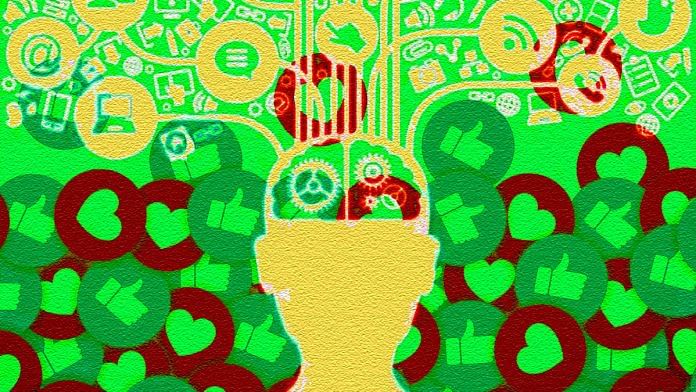The findings, published Tuesday, are based on a survey of 1,391 US teenagers, aged between 13 and 17, and their parents, conducted from 18 September to 10 October last year. The respondents were questioned about their attitudes around social media and smartphones.
A little more than half the parents surveyed said they were “extremely” or “very” concerned about the mental health of teens today, in contrast to only 35 percent of teens being concerned about their own mental health.
There were notable differences in perception of mental health issues across gender, race, and ethnicity.
Considering gender, 42 percent of the girls surveyed reported being extremely or very concerned about teenage mental health, while only 28 percent of boys said the same. Similarly, 61 percent of mothers were concerned about teenage mental health, compared to 47 percent of fathers.
When it comes to racial and ethnic differences, 70 percent of Black parents expressed high levels of concern about teenage mental health, compared with 55 percent of White parents and 52 percent of Hispanic parents. This pattern extends to teens as well, with half of Black teens reporting being highly concerned, compared with 31 percent of White teens and 39 percent of Hispanic teens.
Regarding the things affecting teens’ mental health, parents were more likely than teenagers to blame social media. Although both parents and teens cited similar concerns, teens’ concerns revolved more around factors like bullying and societal pressures.
The survey also found that 45 percent of teenagers spend a vast amount of time on social media, up from 36 percent in 2022.
Also Read: Companies will thrive only if they recognise mental health is not an individual issue
It’s complicated
Teenagers nowadays tend to have a complicated relationship with social media.
About one in five teens surveyed admitted that social media hurt their mental health or even impacted their grades.
This mental toll is more visible when it comes to sleep cycle or productivity. About 45 percent teens said heavy social media indulgence disrupts their sleep, while 40 percent feel it strains their productivity.
Despite the heavy usage, only a tiny share of teens, about one-in-10 or less, agree that social media actually helps them with sleep or productivity. A sizable share (46 percent) said these platforms ultimately neither help nor hurt them, with half of teens expressing a neutral impact on their mental health.
At the same time, most teenagers also believe in using social media to share connections and showcase creativity. Seventy-four percent see it as a positive space for friendships, while 63 percent view it as a platform for creativity.
According to the survey, fewer teens credit social media as a support system than in 2022. The share who say social media makes them feel like they have people who can support them through tough times has declined to 52 percent in 2024 from 67 percent in 2022.
Teenage girls’ experiences on social media tend to be more negative, the survey found.
Up to 25 percent of teen girls believe that social media platforms cause mental distress, compared to 14 percent of boys. Similarly, 20 percent and 50 percent of girls believe it undermines their confidence and sleep, respectively. The figures were 10 percent less for the boys.
Teen girls are, however, more comfortable than boys talking about their mental health with friends. While 58 percent of girls say they are highly comfortable doing this, the share drops to 38 percent for boys. Further, 34 percent of teens said they at least sometimes get information about mental health on social media.
While 80 percent of parents feel comfortable talking to their teens about mental health, only half of the teens feel the same about opening up to their parents. Teens’ comfort level for such conversations varies, with nearly half of them finding reassurance with a friend. Others tend to find that comfort with a therapist, a family member other than their parents, or a teacher.
Varnika Dhawan is an intern with ThePrint
(Edited by Nida Fatima Siddiqui)
Also Read: 60% of mental health queries from young adults aged 21-30, says report by telemedicine app
var ytflag = 0;
var myListener = function() {
document.removeEventListener(‘mousemove’, myListener, false);
lazyloadmyframes();
};
document.addEventListener(‘mousemove’, myListener, false);
window.addEventListener(‘scroll’, function() {
if (ytflag == 0) {
lazyloadmyframes();
ytflag = 1;
}
});
function lazyloadmyframes() {
var ytv = document.getElementsByClassName(“klazyiframe”);
for (var i = 0; i < ytv.length; i++) {
ytv[i].src = ytv[i].getAttribute('data-src');
}
}








